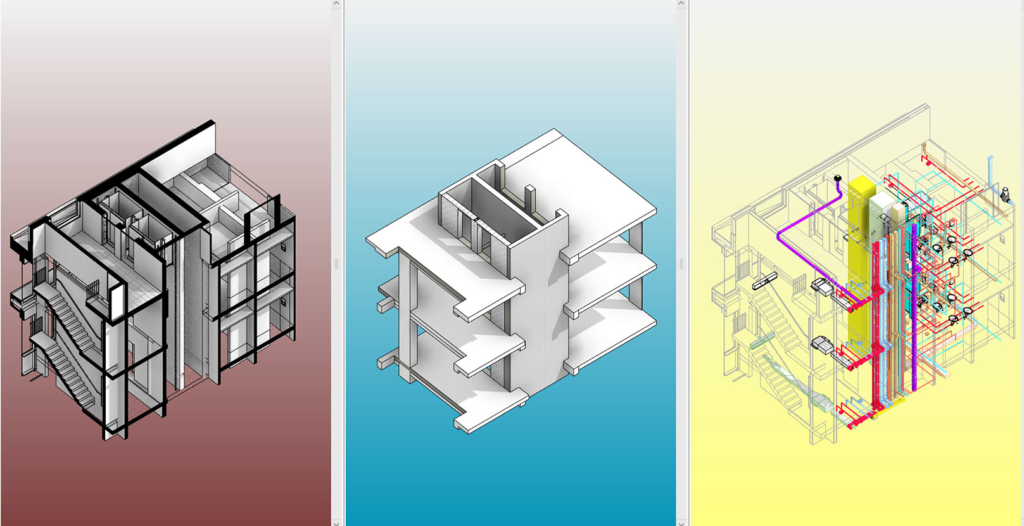
BIM enables teams to work together seamlessly across different disciplines, such as architecture, structural engineering, and mechanical engineering. This leads to improved project outcomes, including better quality, reduced errors, and more efficient workflows.
BIM standards provide a framework for data management and exchange, ensuring consistency and efficiency throughout the project lifecycle. These standards cover data structure, file formats, information exchange protocols, and project delivery requirements.
Industry Foundation Classes (IFC) is a widely recognized standard that enables data exchange between different software applications, creating a connected ecosystem. It defines a common data model for building information, including elements like walls, floors, and windows, as well as attributes like dimensions and material properties.
BIM Collaboration Format (BCF) is another important standard that facilitates collaboration and issue tracking. BCF allows stakeholders to communicate and address potential problems efficiently, improving project quality and reducing rework.
Construction Operations Building Information Exchange (COBie) is a standard for organizing and delivering asset information during the handover and operation phases of a project. It helps owners and facility managers effectively manage and maintain the built assets.
By adhering to BIM standards, construction teams can achieve several benefits, including:
In conclusion, BIM standards are essential for harnessing the full potential of BIM. They promote collaboration, data exchange, and consistency, leading to improved decision-making, reduced errors, and enhanced project outcomes. As the construction industry continues to evolve, the adoption of BIM standards will be crucial for delivering efficient, sustainable, and successful projects.
+91 99259 38887 (India)
+1 315 636 5874 (US)
+31 6 4578 3868 (Netherlands)
Next Synergy Solutions, Inc.
16192, Coastal Highway Lewes, Delaware, 19958 USA.
Next Synergy Solutions, LLP
403, 4th Floor, Gajanand Arcade, Vastral, Ahmedabad – 382418, India.
Europe (Sales Centre)
Maastricht, Netherlands
©2024 Next Synergy All Rights Reserved